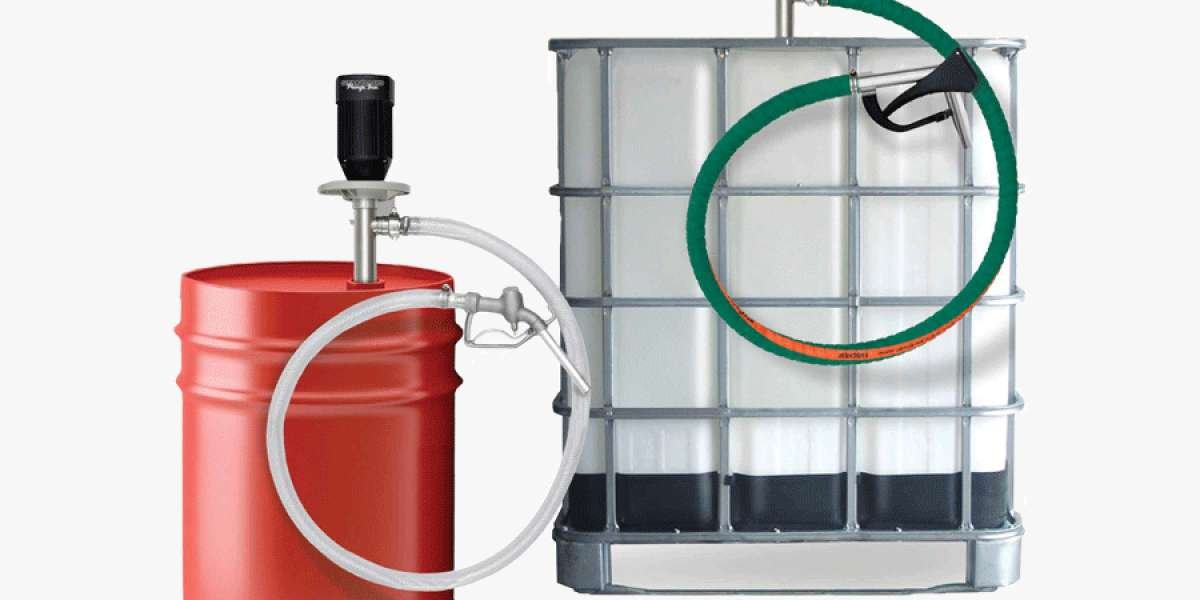The field of biomedicine stands on the brink of a new era, propelled forward by the remarkable advancements in the development of fully human monoclonal antibodies. These therapeutic agents represent a significant leap in our ability to treat a myriad of diseases, from cancer and autoimmune disorders to infectious diseases and beyond. By harnessing the power of the human immune system, fully human monoclonal antibodies offer a more natural, targeted, and effective approach to disease treatment, minimizing the risk of immunogenicity and side effects associated with earlier generations of antibody therapies.
The journey of monoclonal antibody therapy has evolved remarkably since its inception. Initially, therapies were derived from mouse antibodies, which, while effective, often led to adverse immune responses in patients due to their non-human origin. The subsequent development of chimeric and humanized antibodies marked significant progress, reducing immunogenicity by incorporating human antibody components. However, it is the advent of fully human monoclonal antibodies, generated through sophisticated recombinant DNA technology, phage display techniques, and transgenic mouse models, that has truly revolutionized the field. These antibodies are entirely derived from human gene sequences, offering unparalleled compatibility with the human immune system.
One of the most compelling advantages of fully human monoclonal antibodies is their ability to precisely target specific antigens, such as proteins found on the surface of cancer cells or molecules involved in autoimmune diseases. This specificity allows for a targeted attack on diseased cells while sparing healthy tissues, leading to improved efficacy and reduced toxicity. Additionally, the reduced immunogenicity of fully human antibodies minimizes the risk of allergic reactions and other adverse immune responses, enhancing patient safety and comfort.
The potential applications of fully human monoclonal antibodies are vast and varied. In oncology, they are used to directly target tumor cells or modulate the immune system to recognize and destroy cancerous cells. In autoimmune diseases, such as rheumatoid arthritis and psoriasis, these antibodies can block the action of pro-inflammatory cytokines, alleviating symptoms and preventing tissue damage. Furthermore, their role in combating infectious diseases is increasingly recognized, with antibodies being developed to neutralize viruses and prevent infection.
Despite their promise, the development and production of fully human monoclonal antibodies are not without challenges. The identification of suitable targets, the complexity of manufacturing processes, and the need for extensive clinical testing to ensure safety and efficacy all require significant time, expertise, and financial investment. However, the ongoing research and investment in this field reflect the consensus within the scientific and medical communities regarding the immense potential of these therapies.
In conclusion, fully human monoclonal antibodies are at the forefront of a new wave of therapeutic agents that promise to transform the landscape of medical treatment. Their specificity, reduced immunogenicity, and versatility make them a powerful tool in the fight against a wide range of diseases. As research continues to advance, and more of these antibodies make their way from the laboratory to the clinic, their impact on healthcare and patient outcomes is expected to be profound and far-reaching.



